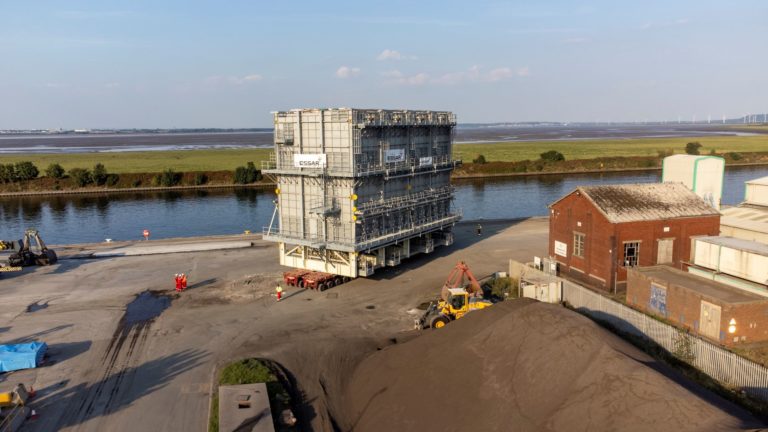
EET Hydrogen, a division of EET, is developing the first large scale, low carbon hydrogen production hub in the UK at its site in Stanlow. This hub will produce 1,350 MW of hydrogen capacity in total and capture around 2.5 million tonnes of carbon per annum – equivalent to taking 1.1 million cars off the roads.
The hub will enable regional industrial and power generation businesses to decarbonise by switching to low carbon energy, helping to secure and grow vital industries, create jobs and unlock billions of pounds of related investment. The low carbon hydrogen will be used locally by EET Fuels’ Stanlow refinery and other major manufacturers in the region, including Encirc, Pilkington and Tata Chemicals to create the first low carbon refining operations, glass and chemicals manufacturing sites in the world.
Poised to start construction
EET Hydrogen will develop the hydrogen hub in two phases, with the first plant (HPP1) at 350MW capacity, the second (HPP2) at 1,000MW capacity and an overall target capacity of 4,000MW+ by 2030. EET Hydrogen expects to begin construction of HPP1 in 2025, with low carbon hydrogen produced at the site by 2028.
Tony Fountain, Managing Partner of EET said: “Fantastic to see the Government moving forward with the HyNet cluster, at the heart of which is our first low carbon hydrogen production plant at Stanlow, creating jobs and growth in the North West. Now that Government support is confirmed, we look forward to taking our final investment decision and starting construction in 2025.”
Responding to the Government announcement, Joe Seifert, CEO of EET Hydrogen, added: “Today’s announcement from Government represents a critical moment in the UK’s hydrogen industry. The North West is once again leading global industry into a new era – producing critical everyday items but without the carbon impact.
“This investment will help to secure and grow jobs in our manufacturing heartlands for generations to come.”
Image credit: EET